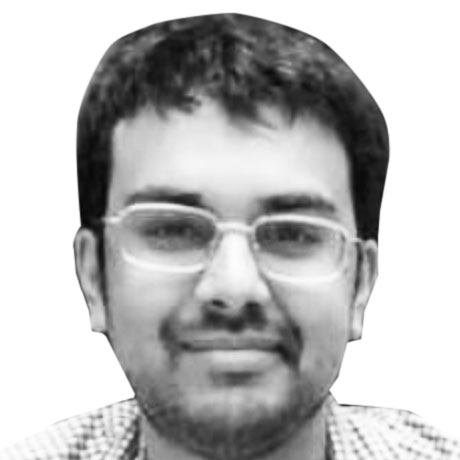Opinion
Photo Illustration by The Daily Beast/Getty/Paul Duncan
Shootings Rise in Big Cities Along With Calls to Defund the Police
‘I LOVED HIM’
It’s hard to find a big city in America that isn’t seeing a wave of violence, even as other reports of crimes have fallen during the pandemic.
opinion





